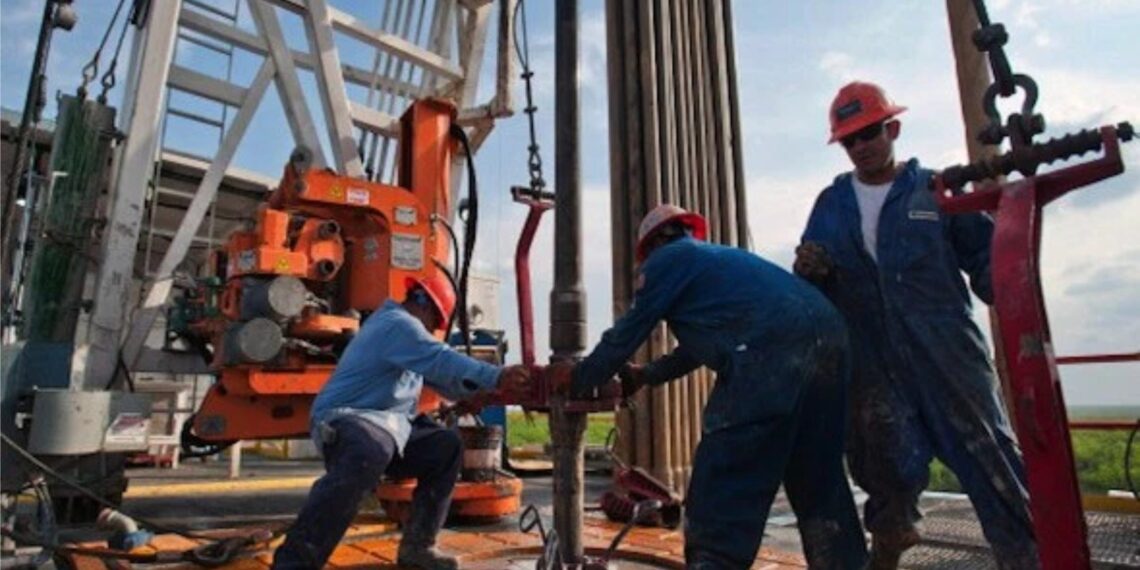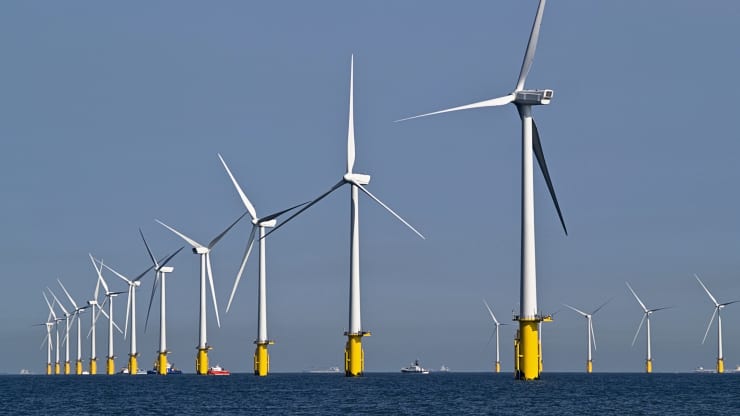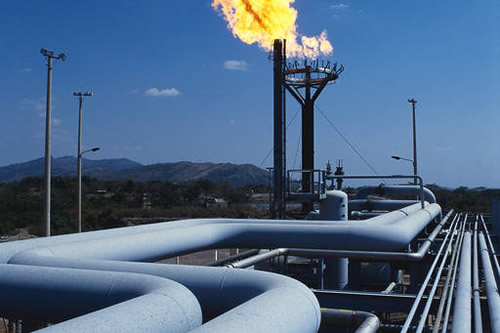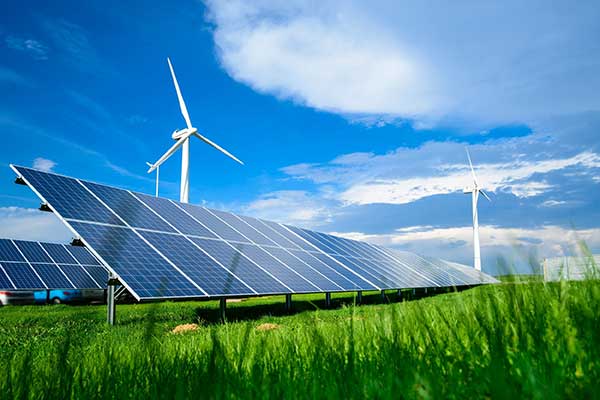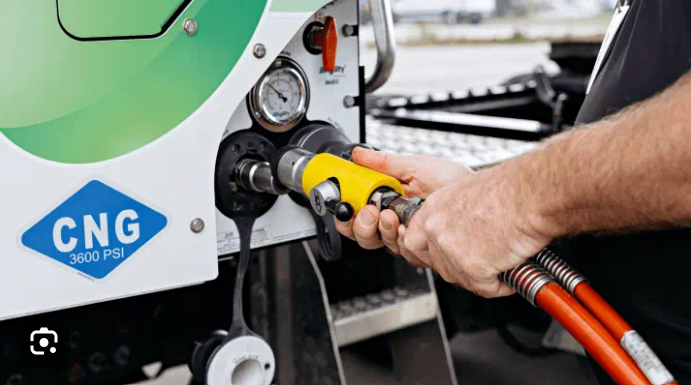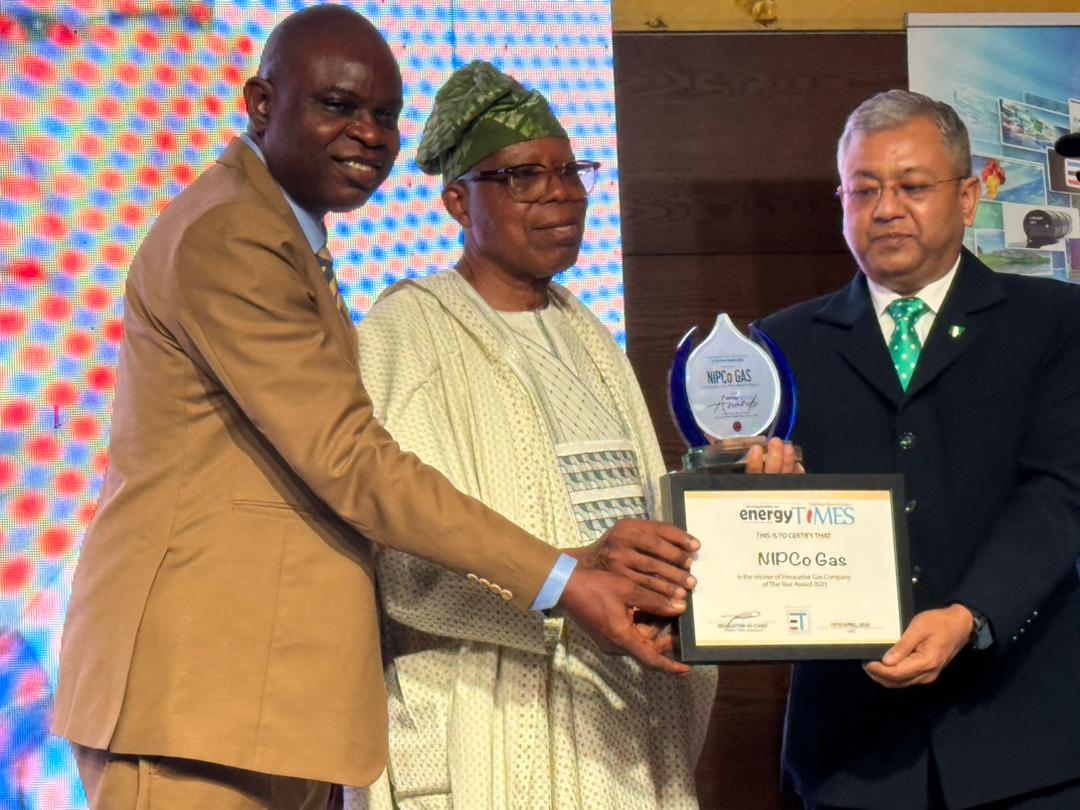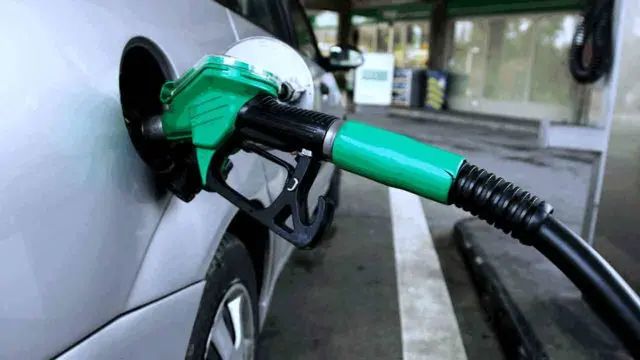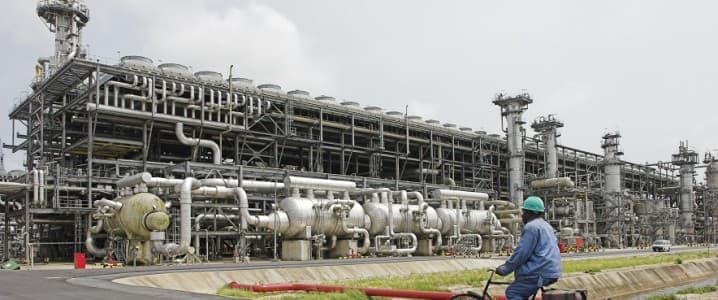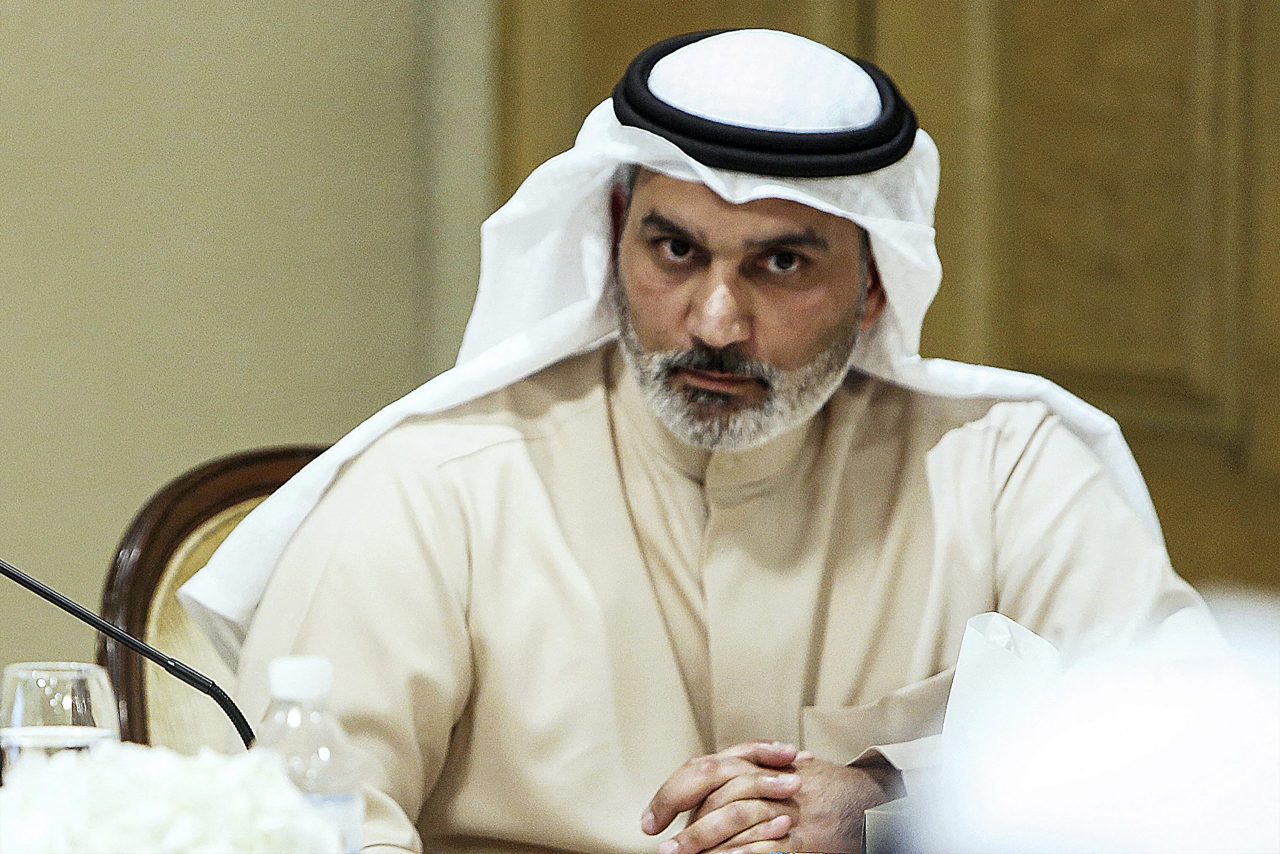The Nigerian National Petroleum Company Exploration and Production Limited (NNPC E&P Ltd.) and its partner, Natural Oilfield Services Ltd. (NOSL), have announced the commencement of crude oil production at Oil Mining Lease (OML) 13 in Akwa Ibom State.
The NNPCL disclosed this in a press statement signed by its Communications Officer, Olufemi Soneye, where it stated that oil production began in the location on the 6th of May 2024 with 6,000 barrels daily.
The company further said that daily oil production in OML 13 is expected to rise to 40,000 barrels per day by the 27th of May 2024.
It stated, “NNPC Exploration and Production Limited (NNPC E&P Ltd.), NNPC Ltd.’s flagship upstream subsidiary, and Natural Oilfield Services Ltd. (NOSL), a subsidiary of Sterling Oil Exploration & Energy Production Company Ltd. (SEEPCO), announce the successful commencement of oil production at Oil Mining Lease (OML) 13 in Akwa Ibom State, Nigeria.”
“The production, which commenced on the 6th of May 2024, with 6,000 barrels of oil, is expected to be ramped up to 40,000 barrels per day by May 27th, 2024.”
Increase in oil production
The company explained that the commencement of crude oil production in OML 13 signifies an intent to increase the volume of oil production in the country to meet local energy needs and propel economic growth.
The statement further read, “The achievement does not only signify the culmination of rigorous planning and execution by the teams involved but also represents a new era of economic empowerment and development opportunities for the host communities.”
“Furthermore, for Nigeria, the first oil from OML 13 holds some significance as it contributes to the country’s efforts to increase its oil production capacity, which is crucial for meeting domestic energy needs and driving economic growth.”
Regarding environmental and sustainability considerations, the NNPCL and its partner promised that its operations would be done in a safe and environmentally responsible manner beneficial to its host community.
What you should know
Production at the OML 13 conventional oil development project was earlier stated to commence in 2024, with peak output anticipated in 2029.
Under the current economic projections, it is expected that production will persist until the field reaches its economic limit in 2063, according to Global data.
Nigeria is desperate to increase oil production to meet local revenue expectations and generate needed foreign exchange (FX). In the first quarter of 2024, Nigeria barely met its OPEC production quota of 1.5 million bpd.


